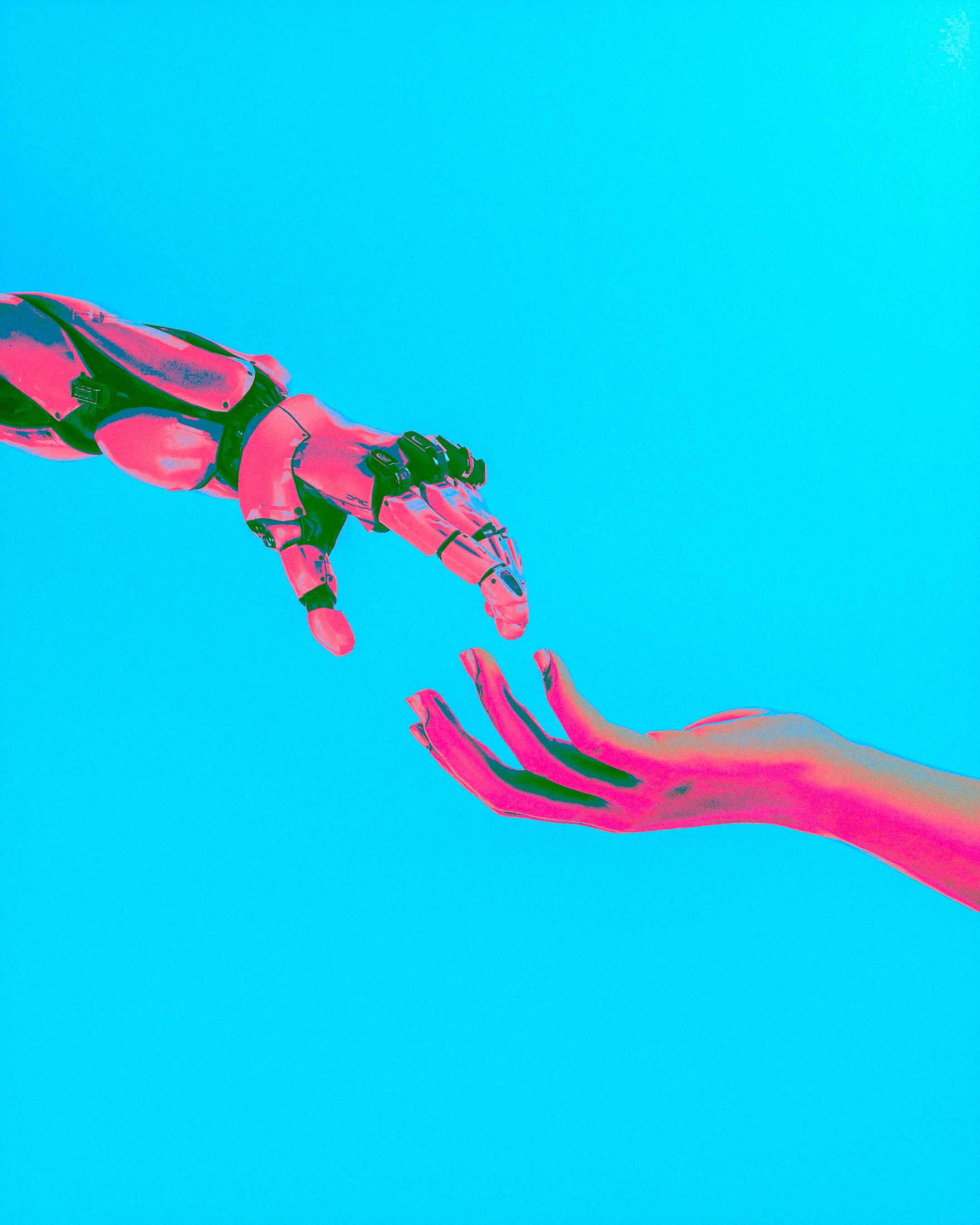How much of a threat is ChatGPT to translators?
Medical Pharmaceutical Translations • Apr 24, 2023 12:00:00 AM

AI can be used for a wide range of purposes, but, as its name suggests, when it comes to ChatGPT, what’s most captured the attention and fascination of the general public is its ability to mimic human writing and speech. But how well can it do this? When it comes to ChatGPT, should human translators and interpreters be worried that robots will, indeed, take our jobs?
In a recent article featured on communications company Orange’s Hello Future blog, some industry experts weighed in, and their conclusion is that ChatGPT can’t entirely replace humans, especially when it comes to literary translation and interpreting.
One reason is that AI can’t translate things like jokes and figurative language. This is a point we often come back to on this blog, and translator Peggy Rolland reiterates it, stating: “Algorithms are not able to make certain choices, or to translate humour”.
Another issue is that ChatGPT’s use of language and style is limited. Rolland explains that because machines gather information from algorithms, their translations will tend to follow the same style, using the same vocabulary and structures.
This is especially concerning when it comes to translating literature and other forms of creative writing. One of human translators’ goals is to try to translate an author’s unique voice, not just their words. But because algorithms may not include special or unusual vocabulary and grammatical structures, Rolland fears that “[i]n the long term, this could pave the way for the effacement of distinct cultural characteristics and literary content”.
In other words, ChatGPT and similar programs might translate a novel by Haruki Murakami the same way as they would a book by Elena Ferrante or Stieg Larsson. The reader of these translations would have no sense of the authors’ distinct styles, which may also lead to losing a sense of setting and themes.
Subtitling is a branch of translation that’s become increasingly important with the rise in popularity of foreign language shows like Squid Game. For subtitle experts, AI wouldn’t be able to do their job right - at least not without human supervision. One of the biggest challenges for AI in subtitling, as well as interpreting, is knowing when (and if) to ignore filler words, repeated words, false starts, and other quirks of human communication. Being able to determine what exactly to translate, the International Association of Conference Interpreters’ Camille Mercier-Sanders says, is “beyond the scope of today’s algorithms”.
But this is far from the only problem ChatGPT would have when it comes to interpreting.
Most notably, Mercier-Sanders explains, AI interpreting would only be possible for languages with significant resources for AI to learn from. Languages like English, Russian, and Spanish could fall under this criteria, but most other languages are underrepresented online and in publishing in general, leaving ‘bots no way to find equivalent vocabulary when simultaneously interpreting.
And then there’s how long it would take for AI to translate one person’s speech into another language. While human interpreters work with sometimes barely noticeable delays, Mercier-Sanders points out that AI would have significant lag time, due to the fact that these programs have to translate back to English, even if English isn’t one of the languages involved in a particular exchange.
In addition to this major issue, the article’s author wonders about the comfort level participants would have when it came to hearing their words and the words of others expressed in artificially generated voices. Some may have no problem with this, but others might find it uncanny and distancing.
Even if ChatGPT and its ilk could catch up one day, another problem that will persist is the inability of machines to recognize human emotions and subtle social cues, both of which are especially important in areas like diplomacy and medical interpreting.
ChatGPT and other AI are truly amazing technological advances. But trusting them with all of our translations could lead to anything from a lackluster reading experience to a major diplomatic incident.
Languages can’t be completely understood by even the most intelligent AI; they’re full of subtleties and surprises, just like the humans who use them.
Contact Our Writer – Alysa Salzberg
